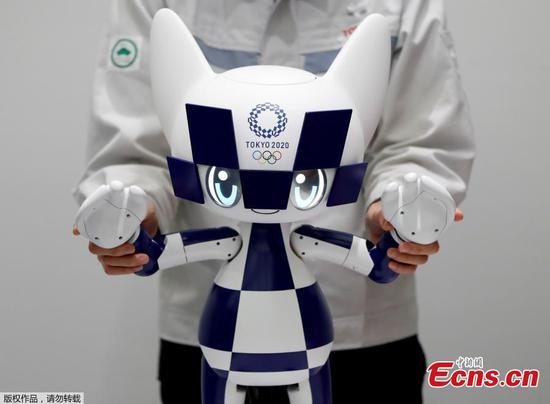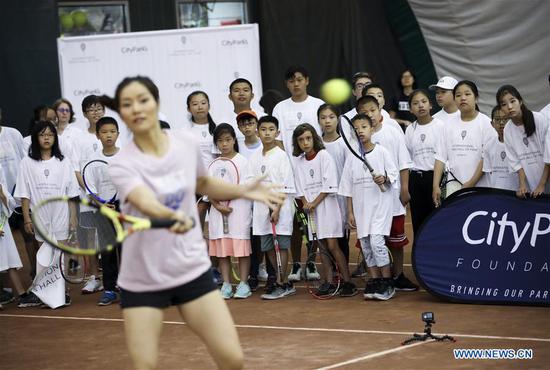Research of the University of Michigan (UM) has shown that individually human develops emotional, trusting relationships with robotic technology, and the groups that work with robots develop attachments that affect team performance.
For the study, posted on UM's website on Monday, the researchers recruited 114 human participants, and assigned them to 57 teams: two people, two robots per team. They were split into four groups: some teams were identified by robot, some by team, some by both robot and team, and some by neither. The task was to move five water bottles from one point to another.
Those that were identified by robot and by team all developed emotional attachments to their robot teammates. With the emotional attachment came better performance and team viability.
One group also was asked to come up with a team name and given jerseys for themselves and their robots to see if identification with a team enhanced attachment. It was only marginally significant.
Among many questions on a multipart survey that sought to gauge attitudes and understanding about robots as well as perceptions of the experiment were: "This robot is dear to me," "I feel emotionally connected to this robot," "This team including robots would perform well together in the future," "If given a choice, I would prefer to continue working in this team, including robots."
"We found that humans perform better with robotic teammates when they have strong emotional attachment to them," said Sangseok You, who began which is believed to be the first study of its kind on attachment between groups and robots as a doctoral candidate at the UM School of Information.
The researchers caution, however, that too much emotional attachment to robots or artificial humans can have drawbacks.
"For example, robots are machines which record their interactions with others," said senior author Lionel Robert, an associate professor of information and a member of the Michigan Robotics Institute. "Humans that believe they can trust robots in the same way that trust their human co-workers might forget about the video cameras in robots and say or engage in behaviors that might be viewed as unacceptable by the company.
The researchers say that more research with other types of robots is needed as their study involved embodied physical action robots, or those that look human.
The study has been published in the Journal of the Association for Information Systems.


















































